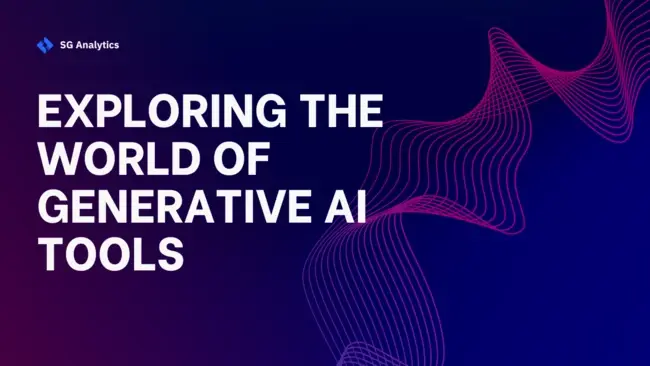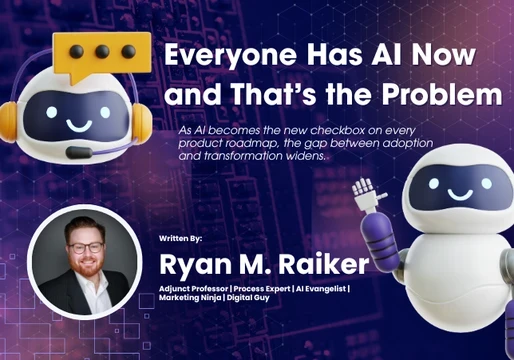Generative Artificial Intelligence (AI) has emerged as a transformative force, introducing a new era of tools that go beyond traditional programming paradigms. These tools, powered by sophisticated algorithms and machine learning models, are capable of generating content, designs, and solutions autonomously. In this article, we delve into the realm of generative AI tools, exploring their capabilities, applications, and the impact they have on various industries.

Understanding Generative AI
Generative AI refers to a class of algorithms and models designed to generate new, unique content by learning from existing data. Unlike traditional AI systems that follow predefined rules, generative AI tools can autonomously produce outputs that are often indistinguishable from those created by humans. This ability to generate content, whether it be text, images, or other forms, has far-reaching implications across diverse domains.
Key Characteristics of Generative AI Tools:
-
Creativity and Autonomy: Generative AI tools exhibit creativity by autonomously producing content without explicit programming. This capability enables them to create art, write text, compose music, and more, often surprising their human counterparts with novel and innovative outputs.
-
Adaptability and Learning: These tools continuously learn and adapt from the data they are exposed to. As they encounter new information, generative AI models refine their understanding and improve the quality of their outputs over time.
-
Natural Language Processing (NLP): Many generative AI tools excel in natural language processing, enabling them to generate coherent and contextually relevant text. This is applied in tasks such as content creation, chatbots, and even code generation.
-
Image Generation and Manipulation: Generative AI is proficient in generating and manipulating images, from creating realistic faces to altering scenes in a visually convincing manner. This has implications for industries such as graphic design, gaming, and virtual reality.
Applications of Generative AI Tools:
-
Content Creation: Generative AI tools are increasingly being used for content creation, including writing articles, generating marketing copy, and creating engaging social media posts. These tools assist in streamlining creative processes and boosting productivity.
-
Art and Design: In the realm of art and design, generative AI tools are utilized to create unique pieces of visual art, generate designs for various applications, and even inspire new artistic styles. Artists collaborate with AI to push the boundaries of creativity.
-
Innovations in Healthcare: Generative AI has applications in healthcare, aiding in medical image analysis, drug discovery, and personalized medicine. AI models can generate synthetic data for training algorithms, potentially enhancing diagnostic accuracy.
-
Virtual Worlds and Gaming: The gaming industry leverages generative AI for procedural content generation, creating dynamic and adaptive virtual worlds. This not only enhances the gaming experience but also allows for efficient resource utilization in game development.
Challenges and Ethical Considerations:
-
Bias and Fairness: Generative AI models can inadvertently perpetuate biases present in the data they are trained on. Ensuring fairness and mitigating bias in AI-generated content is an ongoing challenge that requires careful consideration.
-
Ownership and Attribution: The issue of ownership and attribution arises when AI tools generate content. Determining who owns the rights to AI-generated creations and how attribution is assigned poses legal and ethical questions.
-
Security Concerns: The potential misuse of generative AI tools, such as creating deepfakes or generating misleading information, raises security concerns. Safeguards must be implemented to prevent malicious use.
Conclusion:
Generative AI tools are at the forefront of a technological revolution, reshaping the way we approach creativity, problem-solving, and content generation. As these tools continue to evolve, their impact on various industries is likely to expand, opening new possibilities and challenging existing norms. Navigating the ethical considerations and harnessing the potential of generative AI tools responsibly will be crucial as we usher in an era where human and machine creativity collaborate to shape the future.







Comments ( 0 )